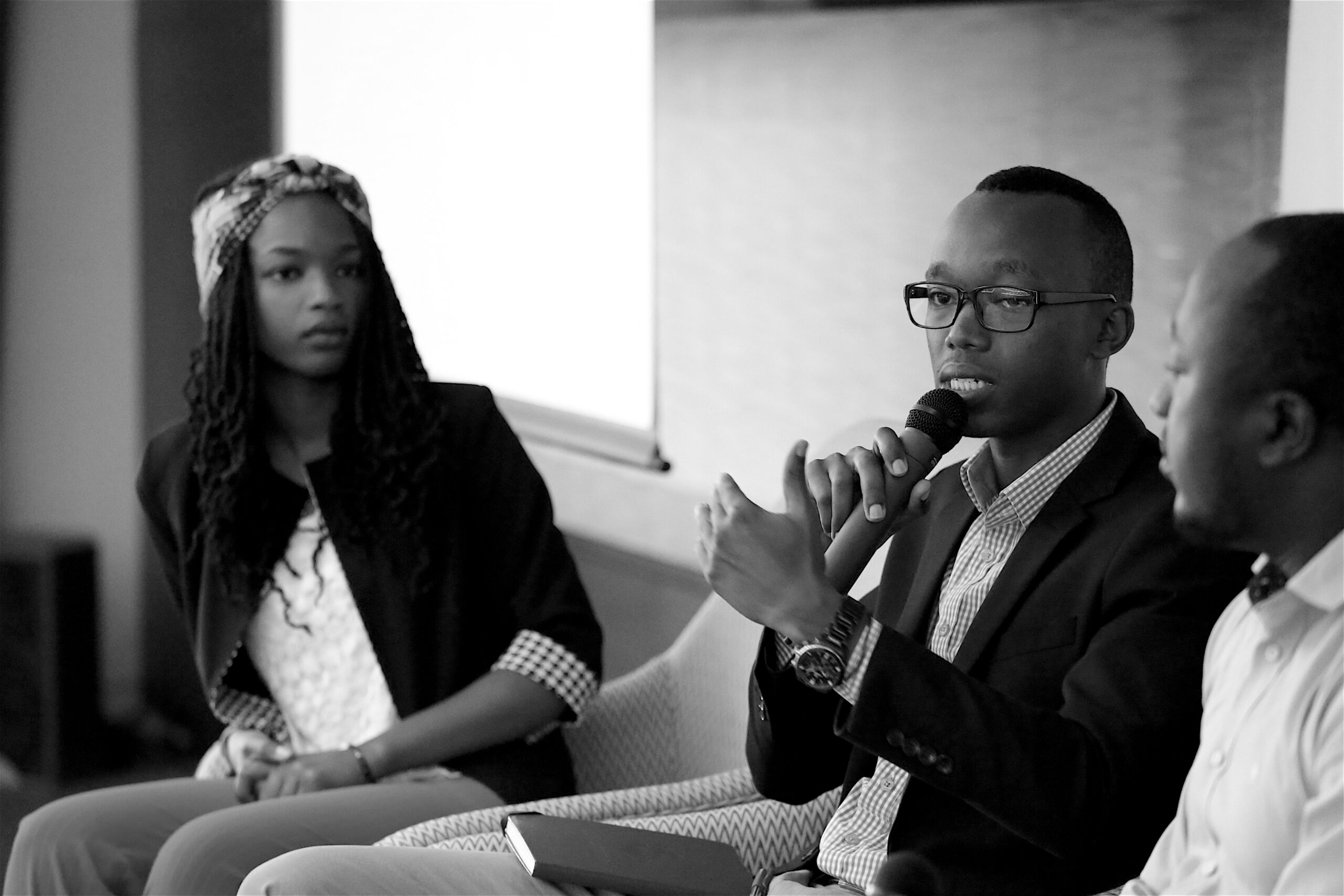By Derrick Murekezi
Guest Writer
As Rwandans, there’s never been a better time to be alive. Everyday brings with it another opportunity to talk about Rwanda’s rise from economic ruin, to being a regional and international leader in gender equality, healthcare coverage, security and environmental protection.
Every April however, brings with it a reminder of how things were. A reminder that it took a generation of selfless, and patriotic young people to fight for the very freedom that is now a birth right. More importantly, each April reminds us as young people that we have a battle of our own: the eradication of genocide ideology, and the sustainability of peace and development.
This is the inspiration behind “Critical Thinking for Peace”, a Davis Projects for Peace grant recipient, initiated and executed by my partner Ian and I. Critical Thinking for Peace is a project that strives to equip youth across the country with the knowledge and understanding to adequately take up the mantle of sustaining the peace and progress achieved. Launched in July 2016, it started with an initial cohort of 32 student leaders representing high schools from all four provinces and the city of Kigali. Today, the project’s reach has expanded to over 200 students in numerous clubs.
The emphasis on critical thinking as a tool for peace & sustainability, is a result of the realization that while it’s impossible to isolate every mindset with genocide ideology, it is possible to work towards arming the greater masses with the ability to question and withstand it’s influence. If history has taught us anything it’s that genocide is planned by a small group, but is only made possible by the involvement of the general population. In this case, involvement means everything from active participation to standing by and allowing it to happen. Therefore the vital question is how can we create a generation that will never participate or stand by and watch as people are dehumanized and killed?
Critical Thinking for Peace chooses to approach this from three angles: Dialogue, Critical Thinking, and Community Service.
During a one-week camp held in Agahozo Shalom Youth Village in Rwamagana, students took part in workshops and lectures led by mentors and experts from partner organizations like Aegis Trust, CNLG, Never Again Rwanda and IRDP. In a participant centered and driven program, the students had the opportunity to learn from and interact with their trainers closely, allowing room for fruitful dialogue. The project also implemented a Model United Nations component, to allow students to acquire critical thinking skills while putting to work some of the knowledge they received from prior workshops.
“Utazi iyo ava ntamenya iyo agana”, and that’s exactly why it is important to establish channels and platforms for open dialogue across generations, but also within the youth population itself. This involves our Rwandan history from the pre-colonial era, colonization and independence of the country, the genocide, liberation, and modern-day Rwanda. As expressed by participants in the camp, it is easier to stand up against genocide denial when you grasp the full extent of its origins, plotting and execution.
This July the team behind Critical Thinking for Peace in collaboration with this year’s Davis Projects for Peace grant recipient, Julia Lisi, will be hosting a second edition of what is hoped to become an annual Summer School of Thought (formerly a summer camp), that will bring together student leaders to further work on creating a generation that protects and sustains on the strides to excellence that Rwanda has taken within the past 23 years.


